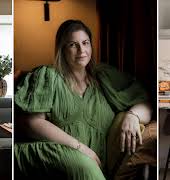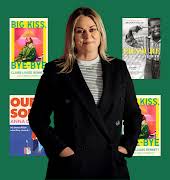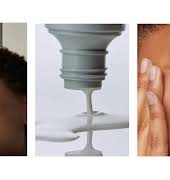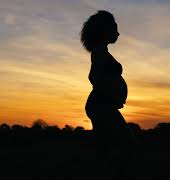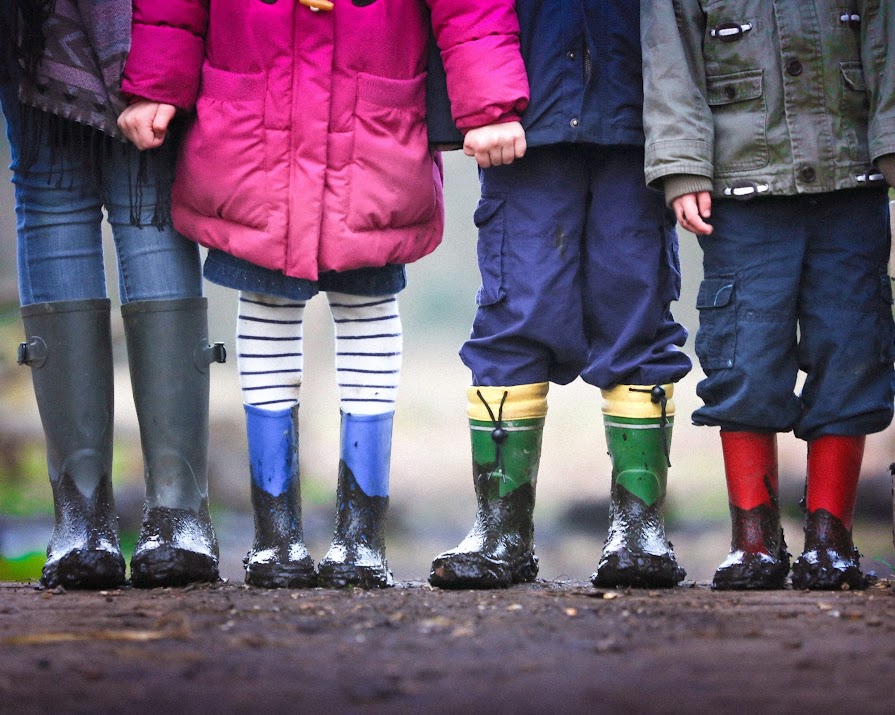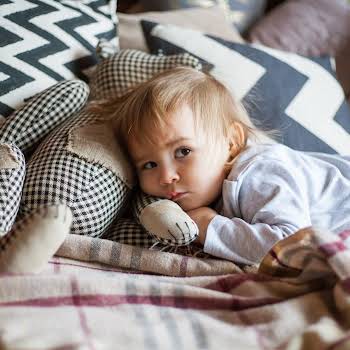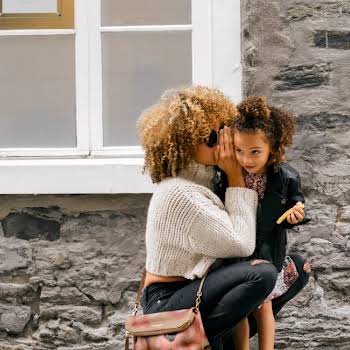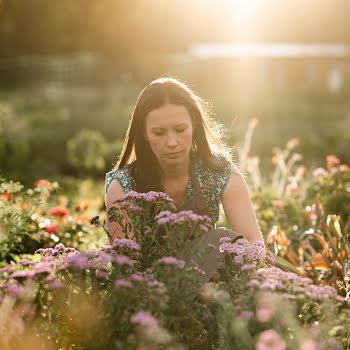
Is it time we stopped thinking of children as coronavirus super-spreaders?
By Edaein OConnell
16th Jun 2020
16th Jun 2020
With more and more research appearing, is it time we stopped thinking of children as coronavirus super-spreaders?
When coronavirus reared its head, a myriad of terms came with it.
‘Quarantine’, ‘lockdown’, ‘cocooning’ and ‘vector’ were just some of the new words we had to get to grips with.
In hindsight, the words we chose to characterise age groups during the crisis were uncomfortable. Many of those over the age of 70 felt the word cocooning to be patronising, and it’s easy to see why.
To cocoon means to wrap. We associate it with butterflies and babies. To cocoon is to envelop or protect in a caring way. It’s to keep something safe. However, most of those cocooning were perfectly fine pre-pandemic and so they felt the term to be a touch infantilising.
Vectors became the word of choice when we described children and Covid-19.
Vector, in a viral context, means “an organism, typically a biting insect or tick, that transmits a disease or parasite from one animal or plant to another”.
It isn’t pretty.
Sometimes words don’t have underlying connotations. When cocooning became the word of choice, I believe the government thought it a term of endearment. Vector, on the other hand, was used for children because they were believed to be super-spreaders of the virus. The name suggested children of the world were waiting in the wings to pounce on the adults and infect them for play purposes.
At the beginning of lockdown, stories began to circulate of parents being publicly lambasted for carrying their kids to supermarkets, such was the level of fear the name prompted.
Yet, that belief is changing.
Some research carried out in recent weeks suggests children are not the vectors we believed them to be.
Australian study
In one such study, 15 Australian schools were examined and it was found children are unlikely to transmit the novel coronavirus to other children and adults in the classroom. It was carried out by the National Centre for Immunisation Research and Surveillance (NCIRS) who studied cases of Covid-19 among pupils and teachers in schools throughout New South Wales.
It was discovered that out of 863 pupils and staff who had close contact with an infected person, just two Covid-19 cases were likely to have been spread in school. No cases of a teacher getting coronavirus from a child were reported.
Although, at the time of the study being carried out, the Australian government advised parents to homeschool. Attendance at schools had dropped significantly and may have impacted reporting which the researchers say should be taken into account.
However, the overall conclusion was that school transmission was quite limited.
Ireland
Here at home, the Health Information and Quality Authority (HIQA) said children were not advancing the spread of the virus in their environments.
Their findings came from an analysis of global research, following the fear that children were vectors for the virus.
HIQA deputy chief executive and director of health technology assessment, Dr Máirín Ryan told the Irish Times: “While the evidence is limited, it appears that children are not substantially contributing to the spread of Covid-19 in their household or in schools.”
Archives of Disease in Children
In an article published in the Archives of Disease in Children, paediatrics and infectious disease specialist Alasdair Munro and British infectious disease specialist Saul Faust said governments should be allowing children to go back to school regardless if they have underlying health conditions or not (although some situations may be an exception). They said there is no clear evidence to suggest that children are super-spreaders.
However, both Munro and Faust believe detailed surveillance of the situation will need to be implemented.
They also discuss the new Kawasaki-like disease that was believed to be linked to coronavirus saying, “the media highlight of a possible rare new Kawasaki-like vasculitis that may or may not be due to SARS-CoV2 does not change the fact that severe Covid-19 is as rare as many other serious infection syndromes in children that do not cause schools to be closed.”
Below is a Twitter thread from April in which Mr Munro outlined his frustrations at the media coverage of children and coronavirus.
A quick thread to clear up some MAJOR misunderstandings about COVID-19 in children in the press, which have made today very stressful for me.
1/6
— Alasdair Munro (@apsmunro) April 30, 2020
Future
With schools looking to reopen in September, there has been much discussion and worry about the upcoming situation.
It’s clear social distancing won’t work.
In primary settings, pupils would only be able to attend one day a week, while secondary students would only attend two days a week. Teachers were alarmed at the idea to reopen schools without social distancing. The drive to full-time education would mean moving away from current health guidelines, however, Minister for Education Joe McHugh said the guidelines will not put the health of those working at risk.
It remains to be seen what school life will look like, but with increased research and studies, it’s becoming clear that the super-spreader sticker placed on children may have to be peeled off.
Read more: ‘Surely I can’t be the only one dreading the end of lockdown?’
Read more: The new government programme is committing to end Direct Provision
Read more: ‘You will come out the other side’: this Irish video captures the mood of returning to society perfectly

